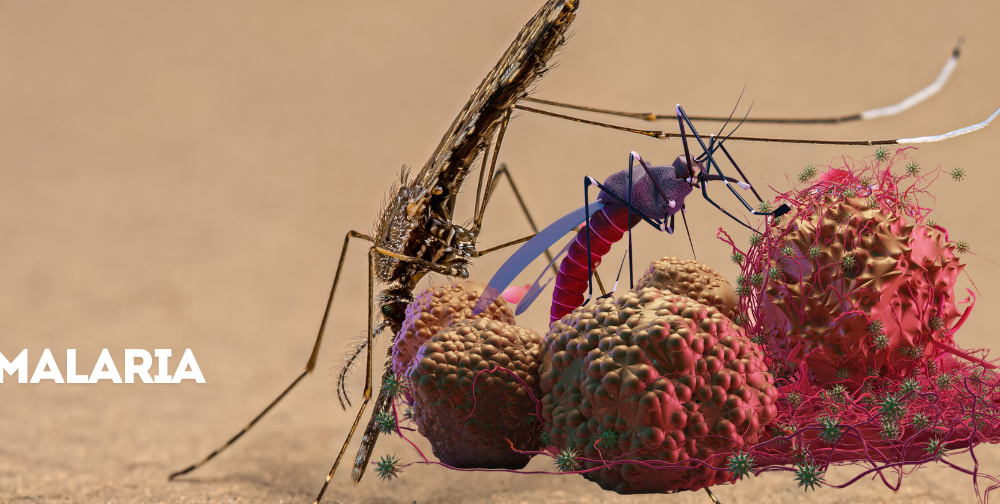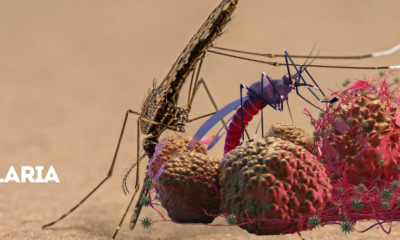


Dengue fever, a mosquito-borne viral infection, has become a significant global health concern, particularly as climate change influences the geographical spread and intensity of its transmission....



Suicide is a profoundly tragic and complex issue that affects individuals, families, and communities around the world. Every year, nearly 800,000 people die by suicide, which...



The worst leading cause of death and disability worldwide occurs when blood flow to the brain is interrupted or reduced, depriving brain tissue of oxygen and...



HIV/AIDS continues to be a significant global health challenge, but 2024 has brought new advances in treatment and prevention that offer hope for millions of people...



According to the World Health Organization (WHO), there were 249 million cases of malaria in 2022, with an estimated 608,000 deaths, most of which occurred in...



Waterborne diseases primarily spread through drinking or using contaminated water. Contamination can occur from a variety of sources, including human and animal waste, agricultural runoff, and...



Tuberculosis (TB) remains one of the most significant global health challenges today, with over 10 million new cases and 1.6 million deaths annually, making it the...



HIV/AIDS continues to be a significant global health challenge, but 2024 has brought new advances in treatment and prevention that offer hope for millions of people...



Sexually transmitted infections (STIs), often referred to as sexually transmitted diseases (STDs), remain a significant public health concern worldwide. Affecting millions of people annually, these infections...



Heart disease, often termed the “silent killer,” remains the leading cause of death globally, responsible for an estimated 17.9 million lives annually. This condition encompasses a...